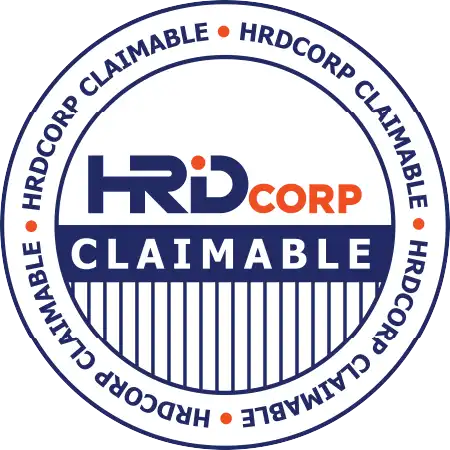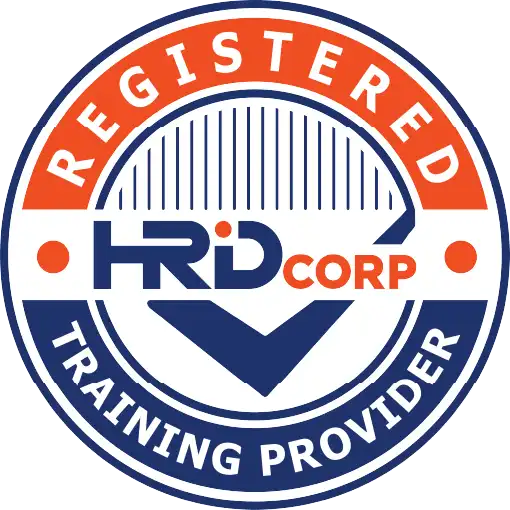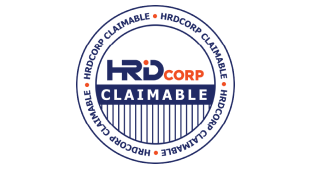A fluid and flexible staff is a necessity to stay relevant in the market.
Many companies struggle to find a way to get their employees to be resourceful, passionate, onboard and up-to-speed as effectively as possible.
What companies need is staff who see challenges as opportunities, they need staff who find solutions and are able to think like entrepreneurs, managers and ultimately leaders.
The need to have the capacity and capability to see big picture and plan for it isn’t a given. Most technically competent staff are training to be tactically effective but not necessarily strategically focused.
This ultimately creates myopic approaches that don’t weigh and take into account the impact of decisions on other areas or weigh the long-term consequences of actions taken.
By looking at planning for long, medium and short term and understanding how manage and address stakeholders needs, managers can start to think creatively and at a much higher and broader level.
At it’s core, strategic thinking and planning is broken into three key elements: Creativity, Critical Thinking and Resource Planning. This programme will look at these elements and blend them to allow participants to see and understand how to actively develop the skills needed to become more strategic and long-term thinkers.









